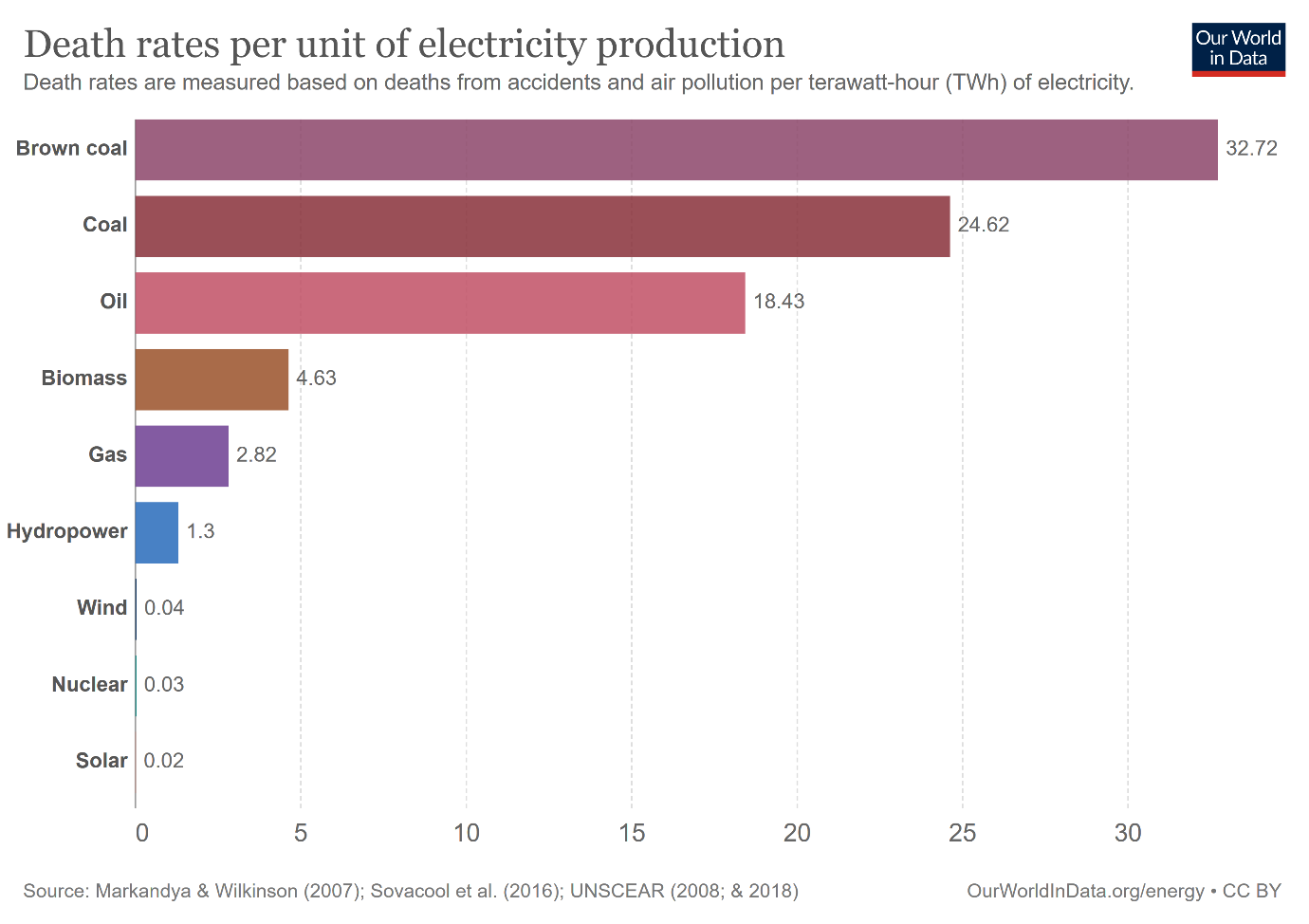

USPS’ website does this, sort of.
If their text service is down it’ll let you know and just skip the 2FA process even though normally they offer an option to get the code via email.
The fact that they do this is bad enough, the fact that this happens so often that I’ve seen this at least a dozen times is even worse.












I feel you’re brushing over the privacy implications regarding how apps are used.
Sure, you could say: “Oh, but it’s inefficient to compile the entire application, and what if there are features that barely anyone uses.”
But you can also say: “Compiling the entire application ensures we don’t need to collect usage data and it ensures everyone gets the best experience, even the people that use features that are otherwise hardly used.”
Now, of course, to go with the second option, you need to care about user privacy and not gain any benefits from usage data beyond the benefits for compiling it.